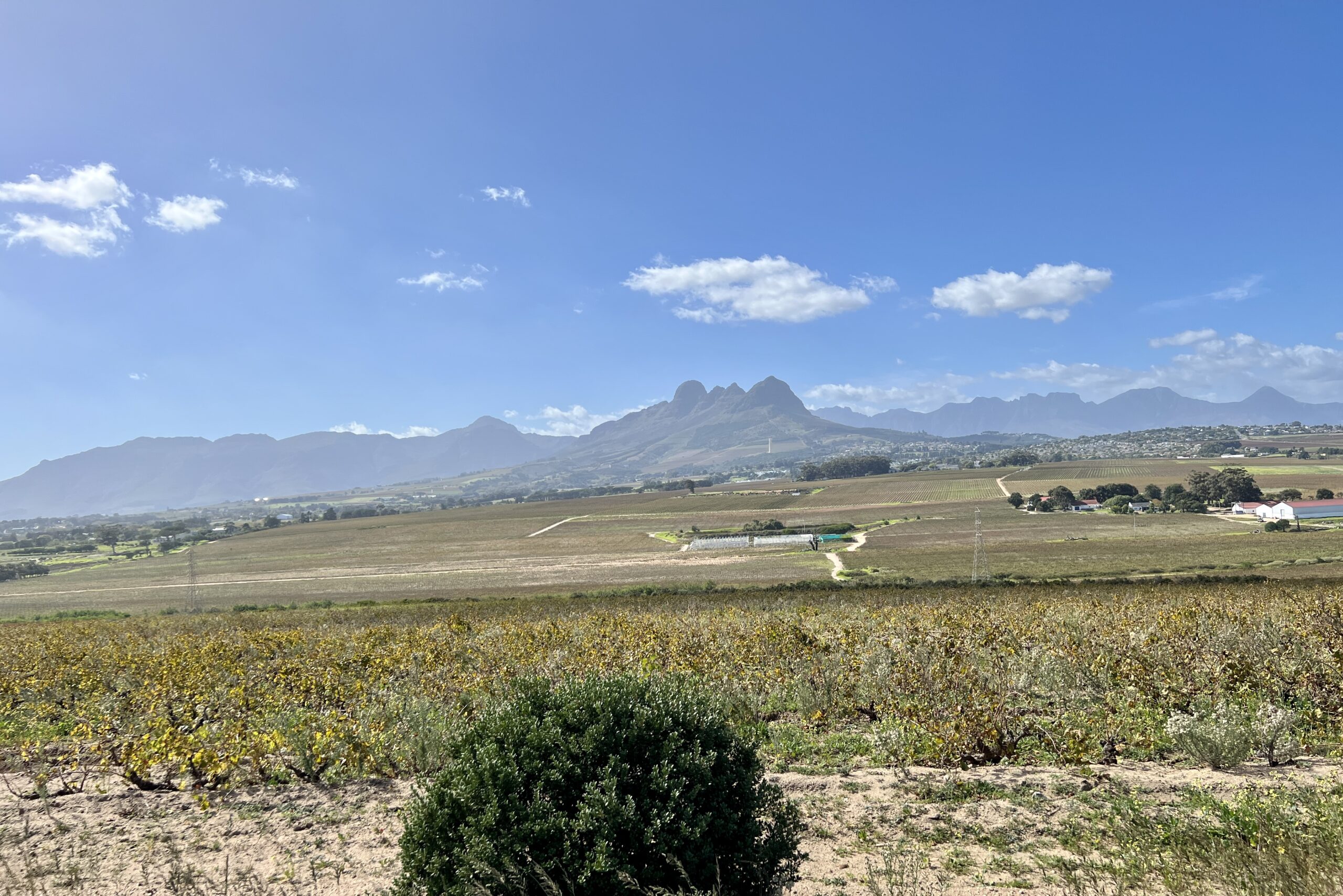
The history of KWV, from its inception to the present day, encompasses a transformation from a wine industry monopoly to a cooperative entity, closely intertwined with the changing sociopolitical landscape of South Africa. KWV, or Kooperatieve Wijnbouwers Vereniging van Zuid-Afrika, was established in 1918 as a cooperative winemaking venture in South Africa, initially aimed at addressing overproduction and market fluctuations within the wine industry.
Over time, KWV’s influence grew to such an extent that it effectively operated as a wine monopoly, wielding significant control over the South African wine market. The cooperative played a pivotal role in standardizing quality and regulations in the industry. While this brought about many benefits, such as improved wine quality and industry stability, it also led to substantial control over pricing and distribution.
KWV’s dominance faced criticism for stifling innovation and limiting competition within the wine industry. The dismantling of apartheid in the late 20th century heralded a new era for South Africa, and the wine industry underwent significant changes. With a shift towards more liberal market practices, KWV’s monopoly gradually gave way to a more diversified industry. New players entered the market, and the wine industry became more competitive and dynamic.
During this period, allegations of corruption and political interference began to surface, tainting KWV’s reputation. The cooperative faced criticisms for unethical business practices and concerns about political manipulation. While not wholly engulfed in corruption, these issues raised questions about its integrity.
In the present day, KWV operates as a fundamentally different entity, reflecting the transformed landscape of the South African wine industry. The cooperative spirit that initially drove its formation still endures, but now within a more open and diverse market. The history of KWV mirrors the evolution of South Africa, transitioning from a wine monopoly to a cooperative in conjunction with the end of apartheid. Its journey underscores the challenges of adapting to political and economic changes while maintaining ethical business practices.



